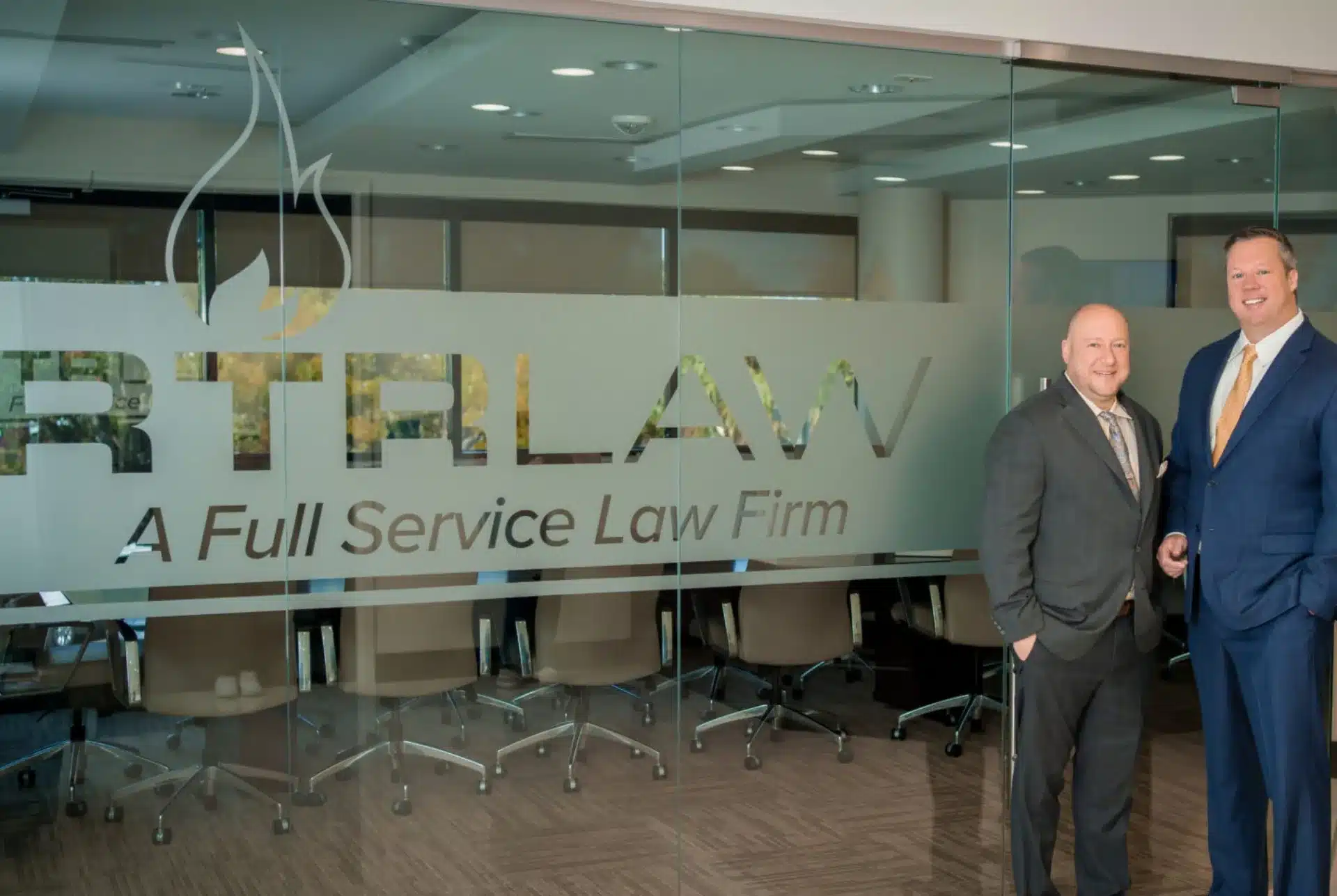A Local Texas Law Firm For All Your Legal Needs

RTRLAW is proud to serve clients across Texas, offering dedicated legal services in personal injury. Since 1988, RTRLAW has built a strong reputation for providing clients with high-quality representation and compassionate legal care. Our experienced attorneys are committed to helping Texans protect their rights, secure compensation for injuries, and plan for their financial futures.
Our Legal Services in Texas
At RTRLAW, we focus on providing comprehensive personal injury legal services to meet the needs of our clients in Texas. If you’re seeking justice after an accident, our skilled attorneys are ready to help.
Personal Injury Law
If you’ve been injured in an accident, RTRLAW’s personal injury attorneys in Texas will fight tirelessly to secure the compensation you deserve. Whether you were involved in a car accident, slip-and-fall, or another incident caused by someone else’s negligence, we can help. Our experienced legal team is committed to protecting your rights and ensuring you receive the financial recovery you need to move forward.
Some of our personal injury services include:

























RTRLAW is committed to ensuring accident victims are fairly compensated for their losses. Our team will guide you through the legal process, handle negotiations with insurance companies, and represent you in court if necessary. If you or a loved one has been injured due to negligence, contact RTRLAW for a free consultation today.
Why Choose RTRLAW in Texas?
When it comes to personal injury, RTRLAW stands out as a trusted local law firm with a deep understanding of Texas laws. Here’s why we are the right choice for your legal needs:
- Experienced Attorneys: Our attorneys have decades of experience in personal injury law. We understand the unique challenges Texans face in these areas and know how to deliver favorable results for our clients.
- Personalized Attention: At RTRLAW, we treat every client as an individual. We take the time to understand your specific situation and provide tailored legal strategies to meet your goals.
- Compassionate Representation: If you’re recovering from an injury, we understand that these situations are stressful. Our attorneys are committed to providing compassionate support while vigorously advocating for your rights.
- No Fees Unless We Win: For personal injury cases, we work on a contingency fee basis, which means you don’t pay us unless we win your case. This ensures that you can pursue justice without financial barriers.
How RTRLAW Can Help You
If you’ve been injured or are looking to plan for your estate, you need a law firm that combines legal expertise with personal care. RTRLAW has a proven track record of success and is committed to ensuring that you receive the compensation or security you deserve. We work closely with our clients to develop strategies that protect their legal rights in the aftermath of a serious accident.
RTRLAW is here to assist you with personal injury claims in Texas. If you’ve been injured or want to secure your family’s future, we encourage you to contact our offices in Garland, Houston, San Antonio, and Austin for a free case review. Our team of experienced attorneys is available 24/7, by calling us toll-free at 833-HIRE-RTR (1-833-447-3787) or calling our Texas number (972) 478-1801, to discuss your legal options and help you determine the best course of action.
Let RTRLAW’s dedicated attorneys help you navigate your legal challenges with confidence and expertise. Contact us today for more information and to schedule a free, no-obligation consultation!
- Garland
- Houston (by appointment only)
- San Antonio (by appointment only)
- Austin (by appointment only)
Revision History:
- Jan 9, 2026 at 3:06 pm by RTRLAW (displayed above)
- Jan 9, 2026 at 3:06 pm by RTRLAW
- Jan 7, 2026 at 8:53 am by victor
- Jan 7, 2026 at 8:52 am by victor
- Jan 7, 2026 at 8:51 am by victor
- Jan 7, 2026 at 8:50 am by victor


 CALL US NOW
CALL US NOW TEXT US NOW
TEXT US NOW



























